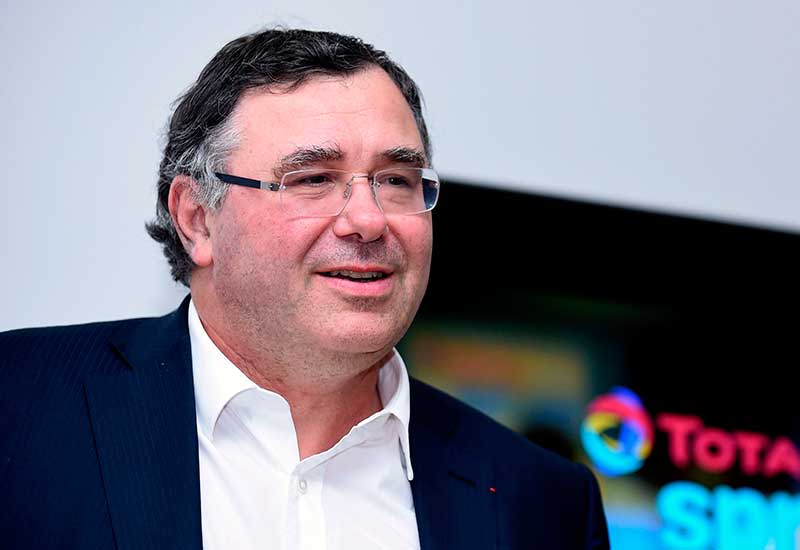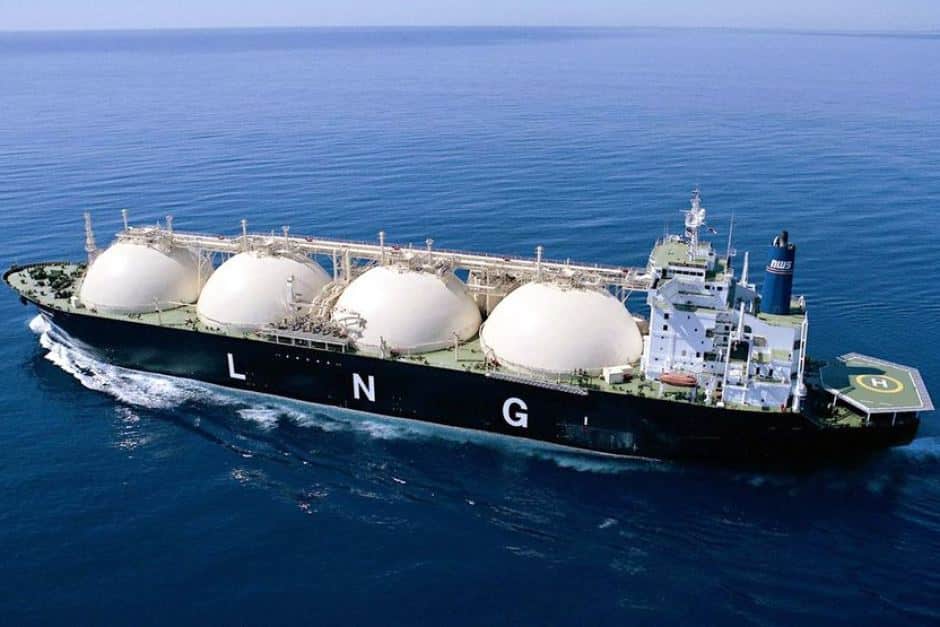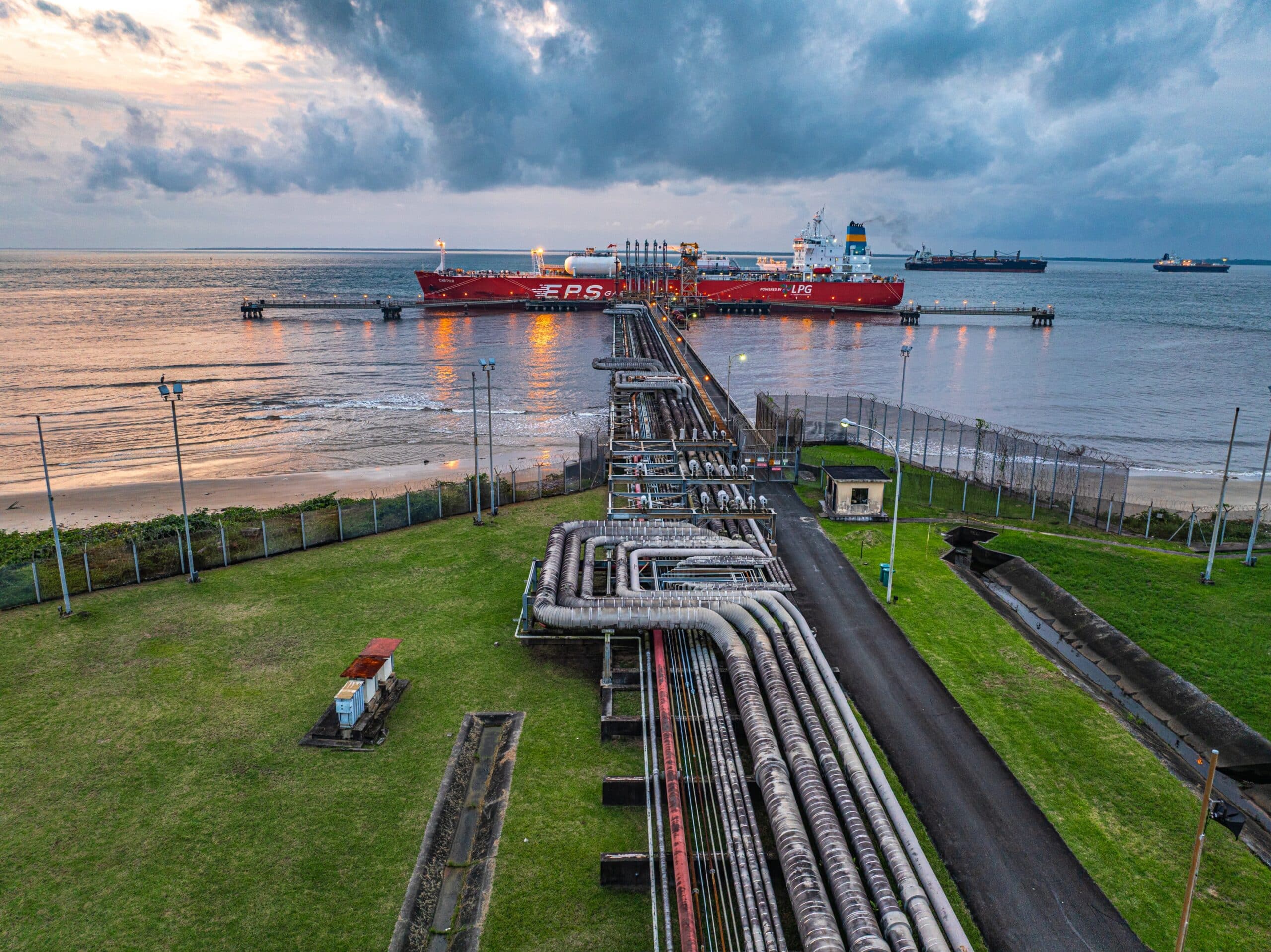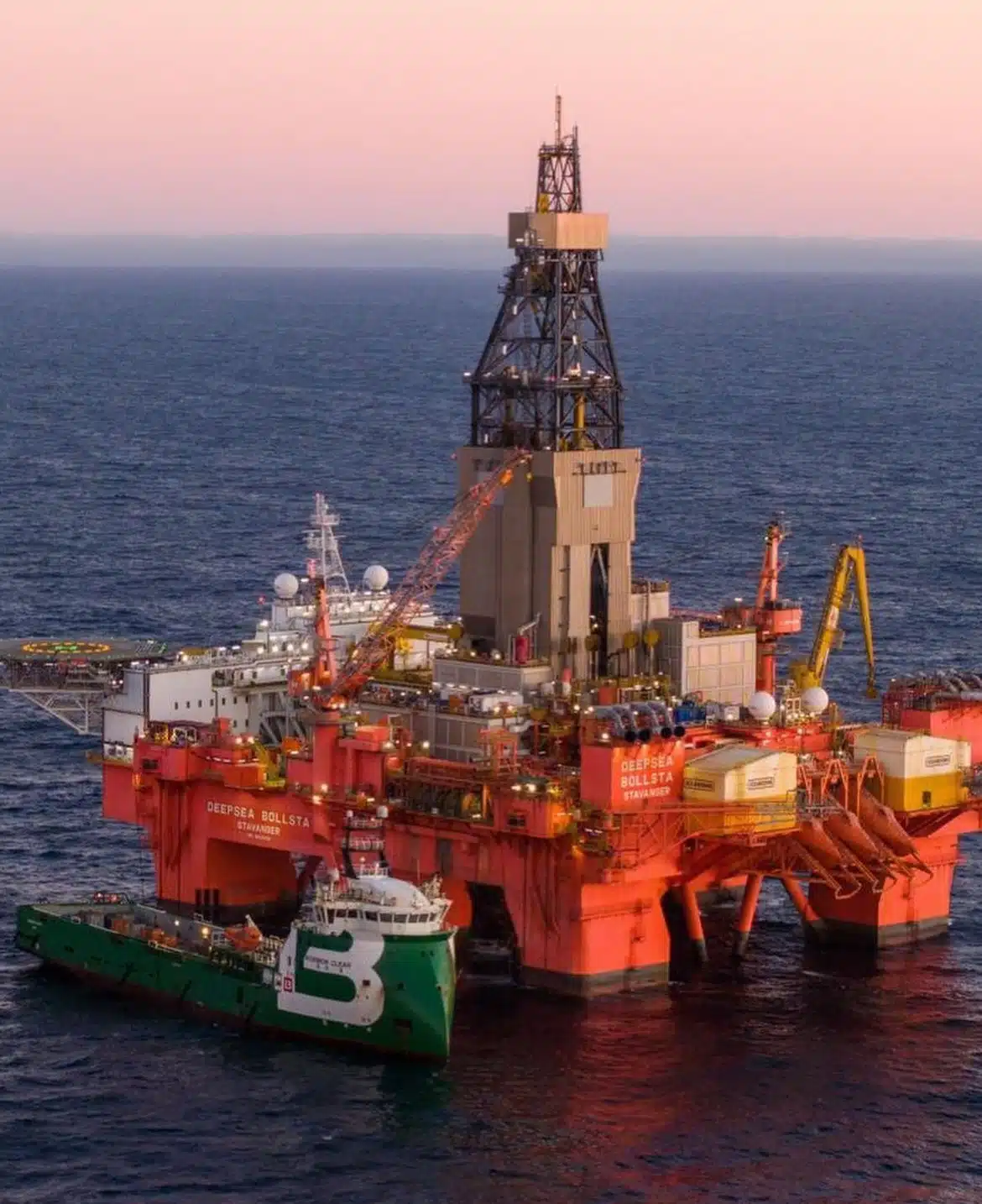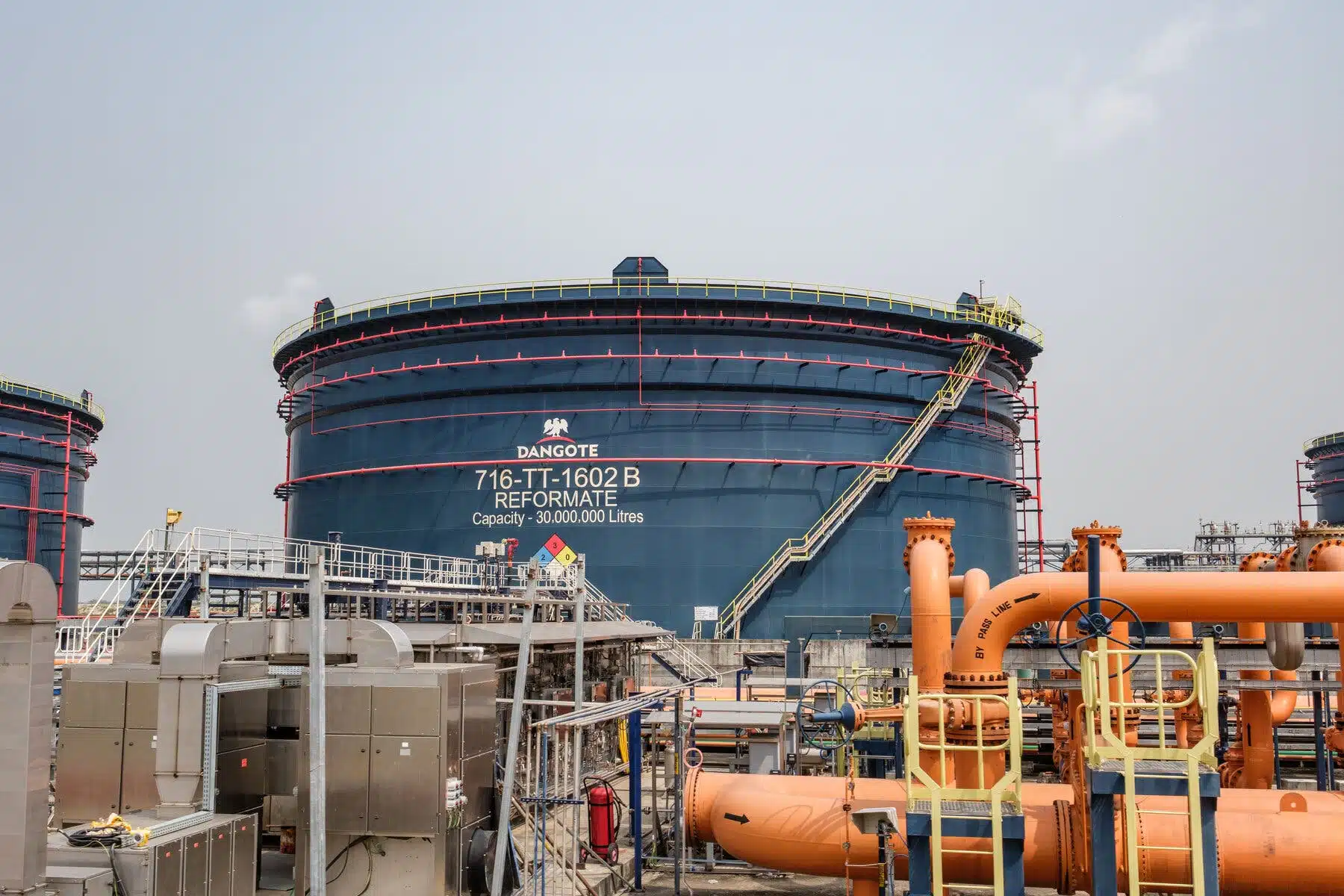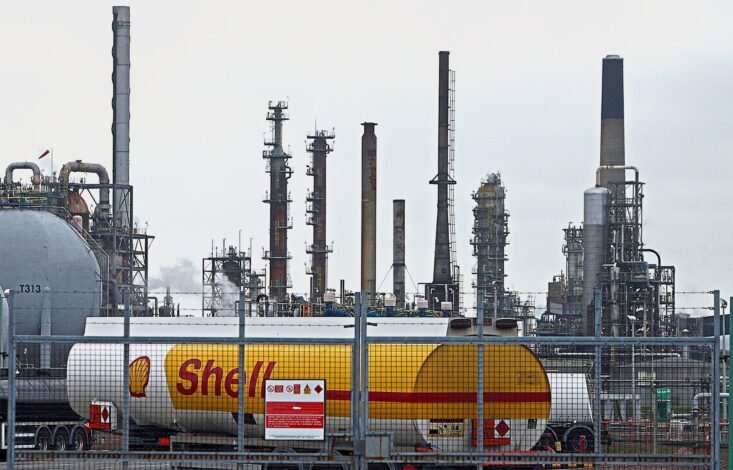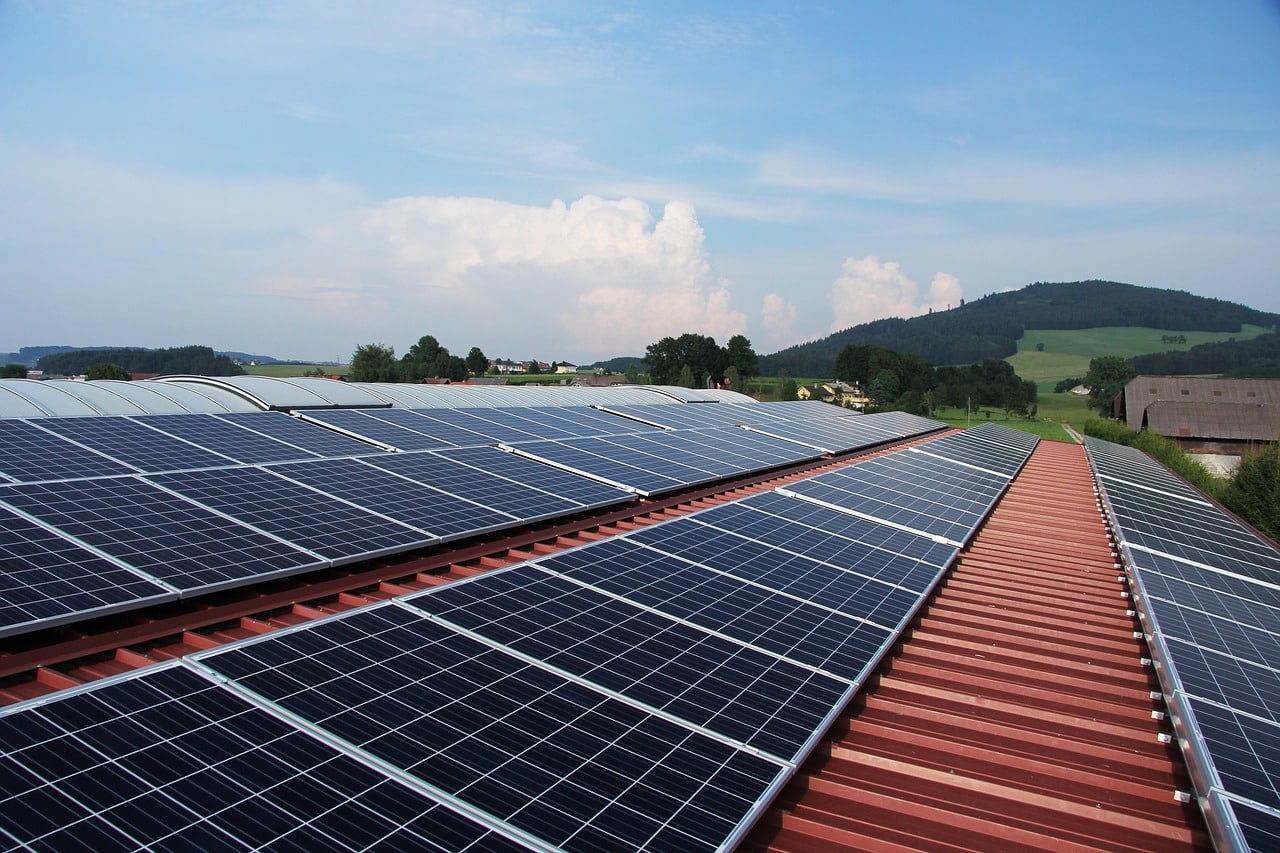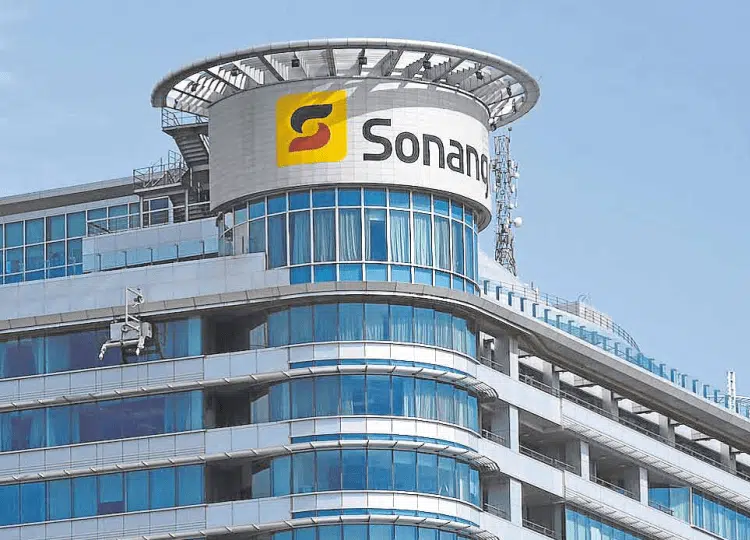The Mozambique liquefied natural gas (LNG) project is a $20 billion onshore facility designed to monetise vast gas discoveries in the southern African nation.
This large-scale initiative will tap into reserves from Mozambique’s offshore Rovuma Basin, which holds some of the world’s largest untapped deposits of natural gas.
The project will develop the Golfinho and Atum gas fields and construct a dual-train LNG plant with a capacity of 13.12 million metric tonnes per year.
After years of uncertainty and security setbacks, Africa’s most ambitious gas venture—led by TotalEnergies—is finally on track for a comeback.
The French energy giant, which had previously projected a mid-2025 restart, now says development will resume by the end of 2025.
This marks a turning point not only for Mozambique’s energy future but also for several international stakeholders with vested interests in the project.
Who’s behind the project?
The investor lineup features some of the biggest names in the global energy industry:
- TotalEnergies (France): Project operator, holding a 26.5% stake
- Mitsui & Co. (Japan): Holds 20%
- Indian Consortium: ONGC Videsh, Bharat PetroResources, and Oil India collectively control 30%
- PTTEP (Thailand): Owns an 8.5% stake
- ENH (Mozambique’s Empresa Nacional de Hidrocarbonetos): Holds 15%
Beyond these core investors, the project also involves other international partners from the United States, United Kingdom, and the Netherlands.
A project delayed by conflict
In 2021, TotalEnergies declared force majeure and suspended construction following deadly attacks by Islamic State-linked insurgents in Cabo Delgado.
The violence led to the evacuation of personnel and froze billions of dollars in infrastructure investment.
Now, with relative peace and renewed international confidence, the project is regaining momentum.
Ranjit Rath, chairman of India’s state-run Oil India Ltd, one of the project’s investors, confirmed the timeline for resumption.
“With improved security conditions, the project is expected to restart in the second half of 2025 and is well-positioned to meet the growing demand of the Indian gas market,” Rath said.
Financing the comeback
In March 2025, the U.S. Export-Import Bank approved a $4.7 billion loan to support the project’s restart.
This represents not only the largest share of the $20 billion required to relaunch the project but also the single largest loan in EXIM’s 91-year history.
According to the agreement, the direct loan will be repaid by TotalEnergies to the U.S. Treasury, along with an additional $600 million in interest and fees.
UK and Dutch credit agencies are also expected to reapprove financing, although the UK had previously considered withdrawing support due to lingering security concerns.
Contractors such as Mota-Engil and Besix have been instructed to remobilize equipment, and site work is already underway.
What’s at stake?
Mozambique LNG is more than a typical gas project—it’s a national transformation engine. Once operational, it is expected to:
- Create thousands of jobs locally and internationally
- Attract foreign direct investment
- Enhance global energy security
- Boost Mozambique’s GDP through LNG exports
Mozambique is also obligated to allocate part of the gas for domestic electricity generation and industrial development, which could significantly benefit its economy.
Some forecasts suggest the project could contribute up to $60 billion to Mozambique’s economy—more than four times its GDP in 2019.
As part of the U.S. loan package, at least 60 American companies will be involved in the project’s engineering, procurement, and construction (EPC) phase and other associated activities.
Looking ahead
The $20 billion Mozambique LNG project is expected to commence by the end of 2025, according to sources familiar with the project, including the government, TotalEnergies, and Oil India.
Mozambique’s President Daniel Chapo has pledged security guarantees with support from regional partners like Rwanda, though he acknowledges the limitations:
“If we’re waiting for Cabo Delgado to be a heaven, we won’t lift force majeure. Security doesn’t depend fully on Rwanda, Total or Mozambique, but on how terrorism is playing out on the ground,” Chapo said in July.
He stressed that a full resumption of operations cannot rely solely on military presence but must also consider the reception of local communities whose lives and livelihoods have been severely affected by the violence.
The conflict has displaced hundreds of thousands and claimed hundreds of lives.
In response to concerns about bypassing local subcontractors and neglecting community commitments, TotalEnergies recently signed a $10 million MoU with the National Agency for Integrated Development of the Northern Region (ADIN).
This move supports government efforts to stabilize and improve the well-being of affected communities.
Altogether, these developments signal a renewed readiness to resume work on the long-delayed, high-stakes Mozambique LNG project.

